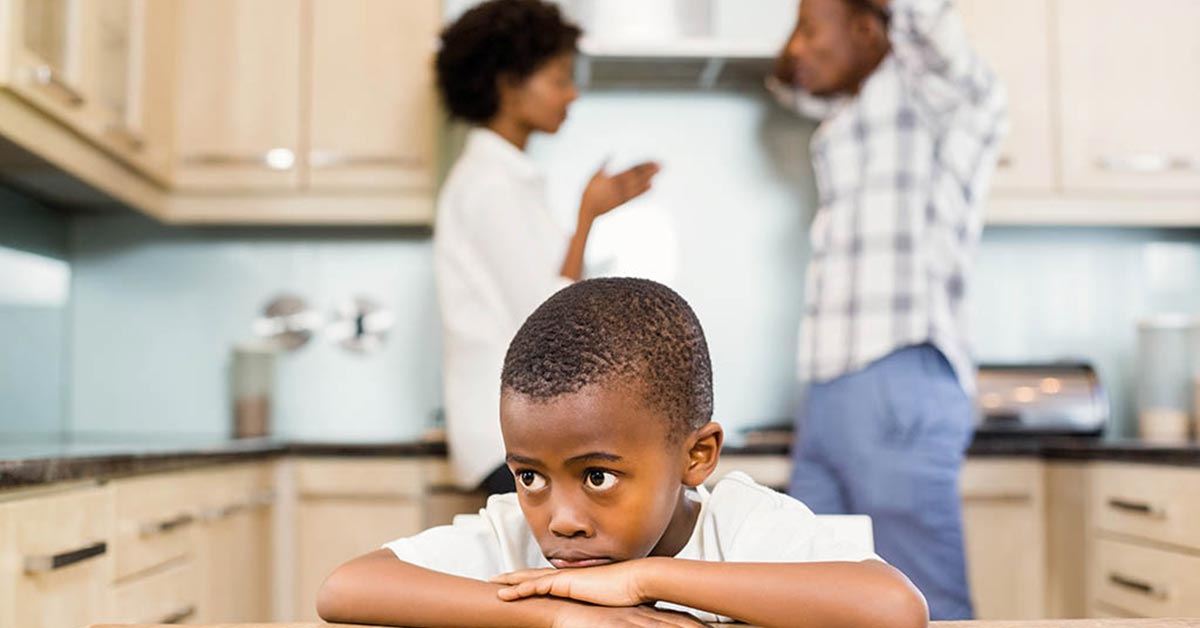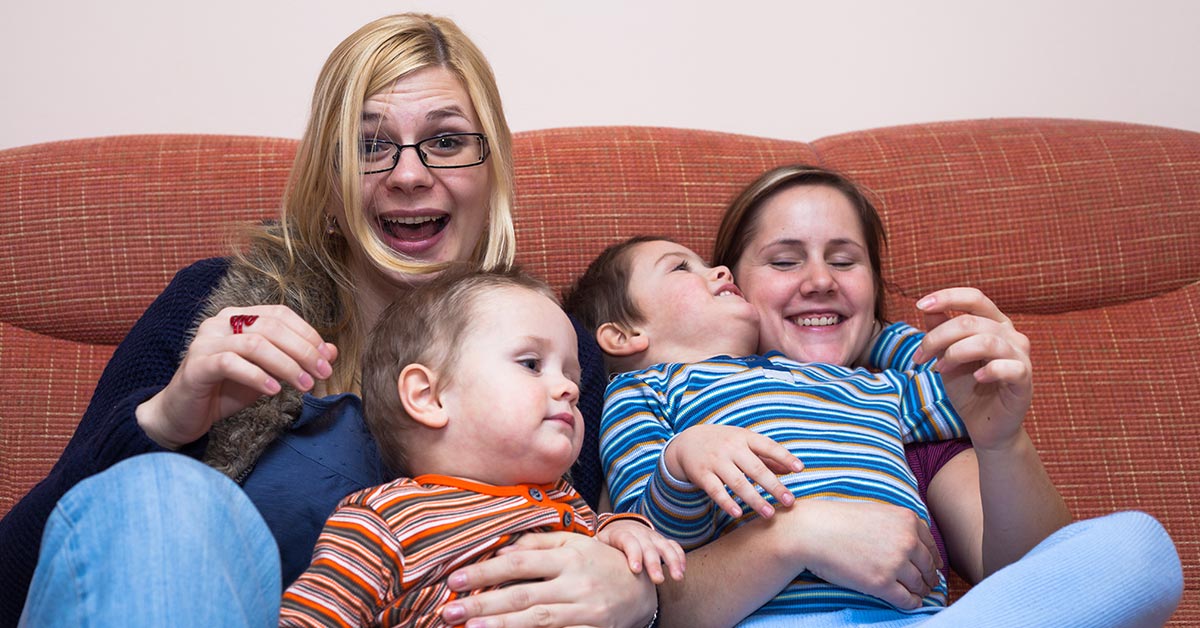Sarah Ingram, head of the Building Relationships for Stronger Families programme at Tavistock Relationships, the couple therapy charity, offers tips on how to reduce family conflict.
Relationships are so important for our health and wellbeing, and that of our children. What we do in our couple and co-parenting relationships affects the success of our children in every area of their life.
Children exposed to sustained and unresolved conflict between their parents – whether together or separated – can suffer emotional and behavioural set-backs.
Poor concentration, depression, worrying about the state of their parents’ relationship, perhaps fearing they are the cause of the unhappiness at home will likely lower achievement at school.
Parents provide a blueprint, a model of being a couple, for their children. If the model is overloaded with unresolved conflict, chances are aspects of this will haunt the forming of their own relationships, from playground friendships to choosing their own partner.
The pandemic has increased pressure on many families, with job insecurity, home schooling and loved ones becoming ill. These anxieties have left couples facing a new intensity, and for many, conflict in the home has risen.
Through our free ‘Building Relationships for Stronger Families’ programme, we work with couples, whether together or separated, to find ways to minimize destructive conflict. This benefits both parents and their children.

Here are six ways to reduce arguments and improve your parenting:
- Communicate clearly with each other – misunderstandings or assumptions about what a partner or ex-partner is thinking is a common starting point for couple conflict. Heightening emotion or shutting down are often resorted to by couples to try to get the message through to their partner that they are hurt. Setting aside time to ‘check in’ with each other can help maintain feelings of closeness and a focus on achieving common goals as parents. It can’t make the ‘bad stuff’ go away, but it can help to you handle difficulties with a more hopeful state of mind.
- Talk to your child – Many parents are convinced they know what their children are thinking, assuming a kind of clairvoyant gift, often forgetting how much they held back from telling their own parents when they were young. Working from a premise of not knowing and being curious about how children are dealing with the hurdles in their lives, however big or small, will allow them to feel central to you as their parents, help build self-esteem and a secure sense of their own identity.
- Try to put your own fears to one side – divorce can leave couples facing change in too many spheres of their lives, so it is difficult to retain a sense of how hard it is for their children. Split parents, overwhelmed with sadness at the end of their relationship, can leave children feeling split in two themselves. In a time of heightened emotion and uncertainty, it is more important than ever for parents to empathise with their children, putting their own fears to one side and offering a secure parental presence.
- Don’t speak ill of your co-parent – whether parents are together or separated, children need to be shielded from conflict and not pulled to side with one parent over the other. Children often feel the urge to become a parent figure themselves, thinking one parent needs protecting from the other. This fast-forward in terms of their development, placing them in the middle of an adult dynamic they don’t fully understand, can leave them suffused with feelings of guilt and blame.
- Remember your relationship safeguards the whole family – if a relationship is feeling good enough, children will benefit. For a couple relationship to feel secure, time needs to be carved out by the two individuals who comprise it. This may feel counter-intuitive for those who believe children should come first but, in caring for itself from time to time, the relationship is simultaneously safeguarding the whole family.
- Asking for help can be a sign of strength – whether people need support to get a relationship back on track, to split up amicably or to co-parent more effectively, seeking professional help to better understand yourself and manage difficult emotions, will free up your time to enjoy your relationship and support your children.

Free relationship support is available to parents in Kensington
Thanks to funding from the Department for Work & Pensions (DWP), Tavistock Relationships is delivering a free ‘Building Relationships for Stronger Families’ programme to support parents in seven London boroughs, including Kensington & Chelsea.
Currently provided online, the programme offers help to couples with children, whether living together or apart, divorced or separated, who are experiencing relationship and parenting problems.
We can help parents experiencing rows and arguments that get stuck or become out of control, which they cannot sort out by themselves.
Building Relationships for Stronger Families is a free and flexible support service for parents, providing one-to-one or group professional advice sessions to parents. These sessions enable parents to find ways to manage stresses and disagreements, exploring patterns of behaviour, as well as tools and techniques to improve parenting skills and help their family succeed.
Our trained therapists are able to work remotely and flexibly with Kensington & Chelsea parents, at a time to suit them.
Couples and families can apply for free support direct at https://www.tavistockrelationships.org/relationship-help/free-services or by calling 020 7380 6099.





